
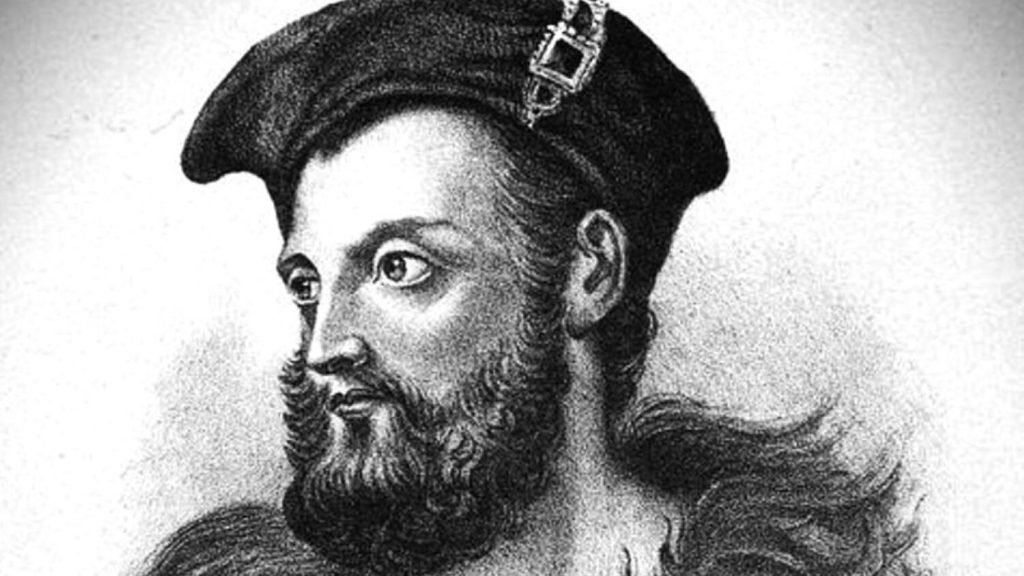
Owen Roe O’Neill isn’t just a figure in Irish history—he’s a storm, a relentless hurricane of defiance, brilliance, and tragedy. He was a man who dreamed of a free Ireland, who bled for it, and who, in the end, was undone not by his enemies, but by the fractured, treacherous hands of his own supposed allies.
In the 17th century, while Europe was ablaze with conflict and ambition, Ireland was a bleeding, colonized wound. And in the midst of this chaos, Owen Roe O’Neill returned to Ireland like a phoenix, armed with fire, fury, and the cold, sharp steel of his military genius.
The Early Years: Soldier of the Wild Geese
Born in 1590 into the O’Neill dynasty, Owen Roe’s life was destined to orbit the cause of Irish sovereignty. The O’Neills had long been the torchbearers of Irish resistance, and Owen was no exception. But his journey began not on Irish soil, but in the battlefields of Europe.
O’Neill was one of the “Wild Geese,” those Irish soldiers who fled Ireland to fight in foreign wars. For over three decades, he served in the Spanish Army of Flanders, earning a reputation as a brilliant tactician and a fearless commander. He learned the art of war from the best, fighting in sieges and battles that shaped Europe’s destiny.
But even as he rose through the ranks of Spain’s military elite, his heart burned for Ireland—a homeland shackled under English rule, gasping for freedom.
The Return to Ireland: The Rebellion of 1641
In 1642, Owen Roe O’Neill returned to Ireland at the age of 52, answering the call of the Irish Confederation, which sought to unite the Gaelic Irish and Old English Catholics against their common enemy: English Protestant rule.
His arrival wasn’t just a homecoming—it was an eruption. Ireland needed a leader who could turn its ragtag forces into a disciplined army. O’Neill was that leader. He brought with him not just experience, but a vision—a vision of an Ireland free from colonial chains, an Ireland where the Catholic faith and Gaelic culture could thrive.
The Battle of Benburb: O’Neill’s Masterpiece
If there is one moment that defines Owen Roe O’Neill, it’s the Battle of Benburb in 1646. Facing an English-Scottish force nearly twice the size of his own, O’Neill didn’t flinch. He didn’t just fight to survive—he fought to win, to send a message that Ireland would not bow quietly.
Using terrain, discipline, and sheer tactical brilliance, O’Neill crushed the enemy forces. It was a stunning victory, the kind that echoed through the hills and valleys of Ireland, igniting hope in the hearts of a battered people. For once, the Irish weren’t the victims of history—they were the victors.
But victories on the battlefield don’t always translate to victories in the halls of power.
Betrayal and Political Chaos
O’Neill’s dream of a unified Ireland was constantly undermined by factionalism. The Irish Confederation was a fractured coalition of Gaelic lords, Old English Catholics, and opportunistic politicians. Each had their own agenda, and none seemed willing to fully commit to O’Neill’s vision of a sovereign Ireland.
While O’Neill wanted a free Ireland with Catholicism at its heart, others were content to negotiate with the English crown, hoping for crumbs of religious tolerance. The infighting was vicious, and O’Neill found himself increasingly isolated.
His alliances weakened, his supplies dwindled, and his health began to fail. But even as the odds stacked against him, O’Neill never wavered in his belief that Ireland could be free.
The Final Days: A Warrior’s Death
Owen Roe O’Neill’s story ends not with a blaze of glory, but with a slow, agonizing fade. In 1649, just as Oliver Cromwell’s brutal campaign loomed over Ireland, O’Neill fell ill and died. Some say it was natural causes; others whisper of poison. Whatever the truth, his death was a dagger to the heart of the Irish resistance.
Without O’Neill’s leadership, Ireland descended into chaos. Cromwell’s forces unleashed unspeakable horrors, and the dream of a free Ireland was crushed under English boots.
The Legacy of Owen Roe O’Neill
Owen Roe O’Neill’s legacy is a complicated one, as all great legacies are. He was a man who fought for unity in a land defined by division. A man who saw the potential of an Ireland united by faith, culture, and a shared destiny. Yet he was also a man betrayed by the very people he sought to lead.
But here’s the thing about O’Neill: he never surrendered. Even in the face of betrayal, scarcity, and death, he held fast to his vision of an Ireland that could stand tall and proud among the nations of the world.
Today, he stands as a symbol of Irish resilience and defiance—a reminder that even in the darkest moments, there are those who dare to dream, to fight, and to believe. Owen Roe O’Neill was more than a general; he was a force of nature. His story isn’t just Ireland’s history—it’s Ireland’s heartbeat. And it beats on, louder than ever.
The Dreamer and the Fighter: Owen Roe’s Unyielding Vision
Owen Roe O’Neill wasn’t just a soldier; he was a dreamer who saw Ireland not as it was, but as it could be. His vision wasn’t about personal glory or fleeting victories—it was about creating an enduring legacy for a nation steeped in sorrow yet bursting with potential.
To Owen Roe, Ireland wasn’t just a battleground; it was a tapestry woven with stories, traditions, and a culture that refused to die. He believed that every inch of Irish soil, every word spoken in Gaelic, and every prayer whispered in Catholic faith deserved protection and reverence. His campaigns weren’t just military maneuvers—they were acts of love for his homeland.
But even dreamers like Owen Roe must contend with harsh realities. The Ireland of the 1640s wasn’t ready for his vision. Political rivalries, religious divides, and centuries of colonial manipulation had fragmented the nation into warring factions. For every ally who stood by his side, there was another who plotted against him, either out of fear, ambition, or greed.
A Moment of What Could Have Been
History often teases us with moments of “what if.” What if Owen Roe O’Neill had lived to meet Cromwell’s armies? What if the fractured Irish factions had united under his command? Could Ireland have resisted the brutal conquest that followed his death?
These questions are impossible to answer, but they linger like shadows over his legacy. What we do know is that O’Neill’s death created a vacuum that no other leader could fill. His military genius, his charisma, and his relentless determination were irreplaceable. Without him, the resistance crumbled, and Ireland descended into one of its darkest chapters.
Owen Roe O’Neill: A Symbol for Modern Ireland
In modern Ireland, Owen Roe O’Neill remains a symbol of resistance, resilience, and hope. Streets, schools, and sports clubs bear his name, a testament to his enduring influence. But his legacy isn’t confined to monuments or history books—it lives in the Irish spirit.
Every protest against injustice, every fight for independence, every act of defiance in the face of oppression echoes Owen Roe’s struggle. He reminds us that freedom isn’t given—it’s fought for. And even when victory seems impossible, the fight itself is worth it.
Lessons from Owen Roe O’Neill
Owen Roe’s story is as much a cautionary tale as it is an inspiration. His brilliance on the battlefield was unmatched, but his vision was undermined by the divisions within his own ranks. His life serves as a reminder of the power of unity—and the dangers of letting petty rivalries and short-term gains sabotage a greater cause.
For Ireland, and for the world, Owen Roe O’Neill’s legacy is a call to action. It’s a challenge to dream big, to fight for what matters, and to never let betrayal or hardship extinguish the fire of hope.
A Legacy Beyond the Grave
As the centuries pass, Owen Roe O’Neill’s story only grows more powerful. He wasn’t just a man of his time—he was a man ahead of his time. His dream of a united Ireland, free from colonial rule, continues to inspire those who seek justice and independence.
In every battle for sovereignty, in every movement for equality, and in every act of rebellion against oppression, Owen Roe’s spirit lives on. His name is whispered in the winds that sweep over Benburb, in the chants of protestors on Dublin’s streets, and in the hearts of anyone who dares to believe that a better world is possible.
Owen Roe O’Neill didn’t just fight for Ireland—he fought for the soul of humanity. And in that fight, he will always be remembered as a hero.
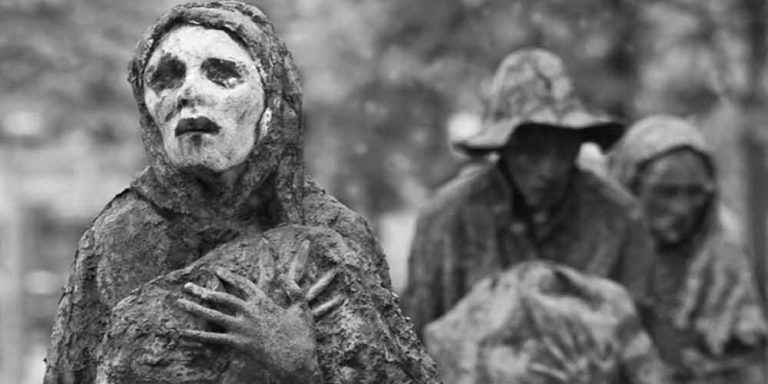
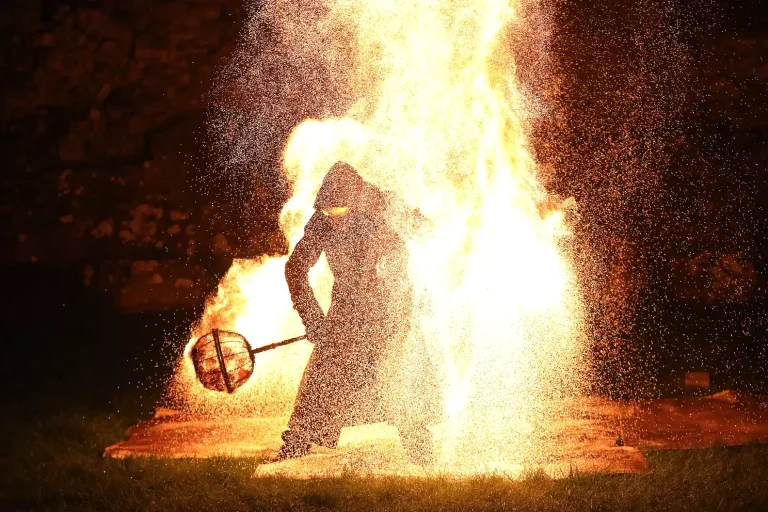
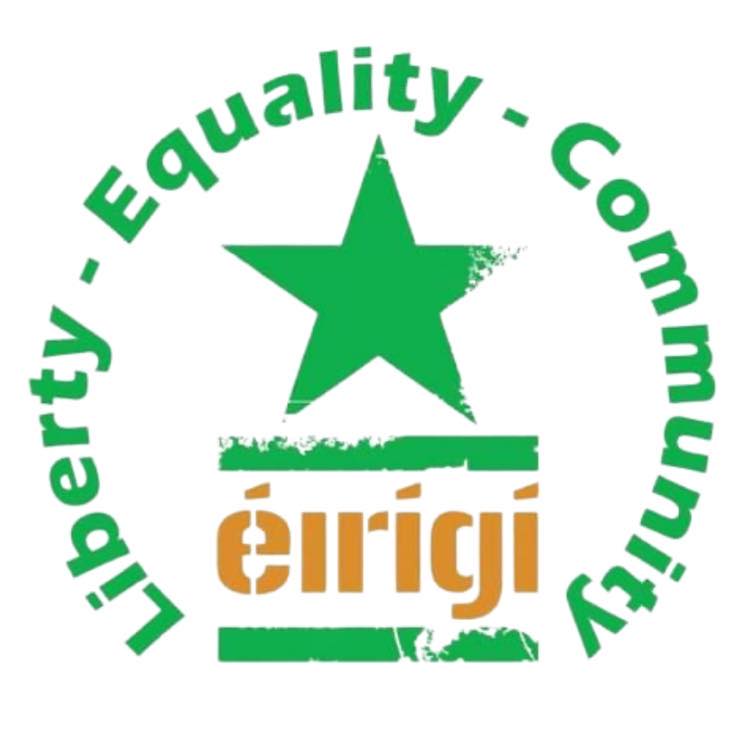
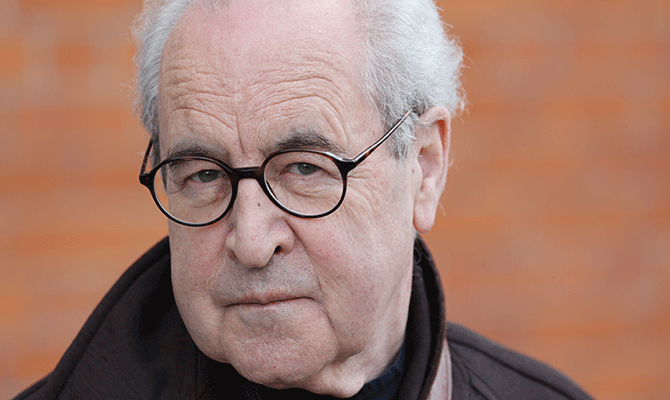


1 thought on “Owen Roe O’Neill: Ireland’s General of Defiance”
Comments are closed.